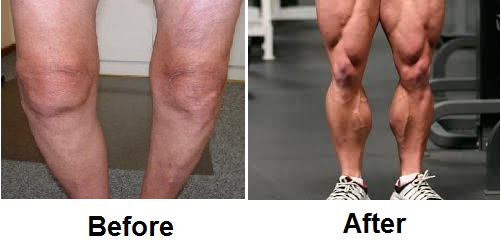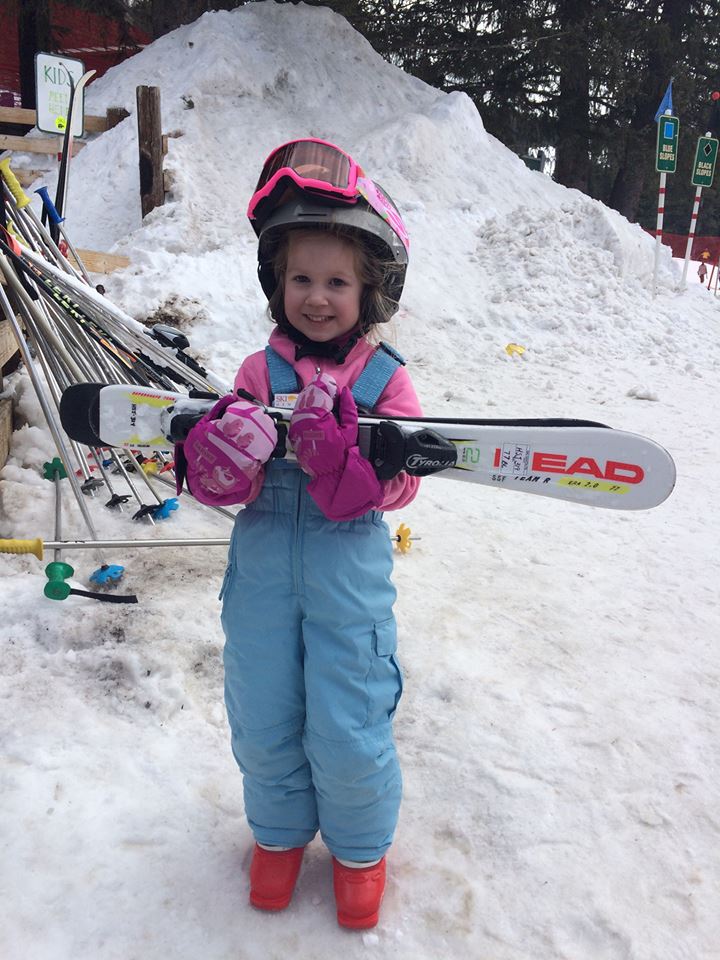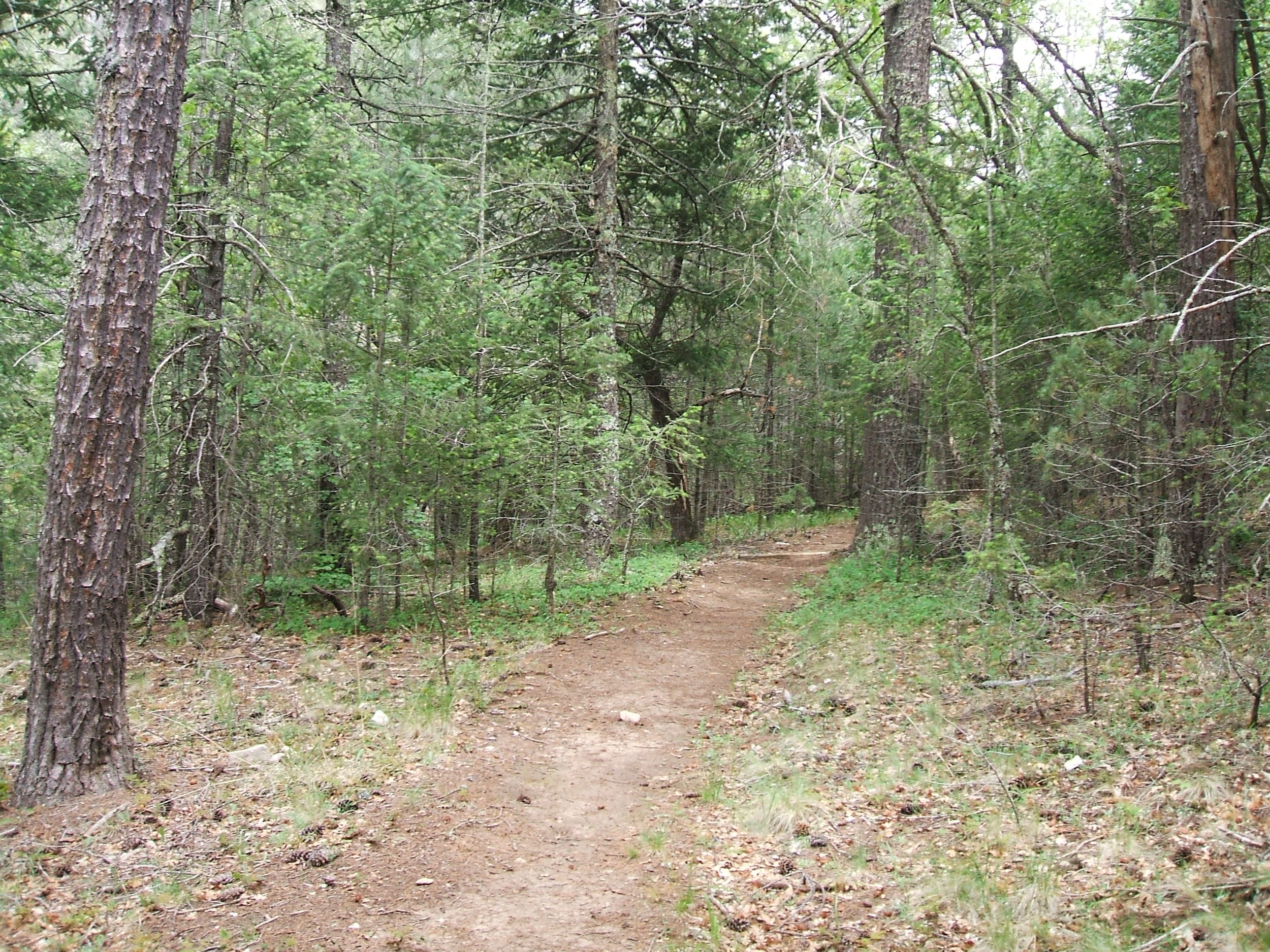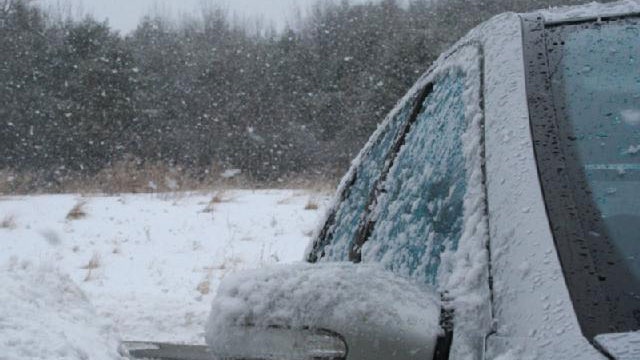Can You Dig It?
/What first captured your heart and opened your eyes to the world of art, music, and transcendence? Who was the first to ignite your artist soul? For me it was a rock band: Chicago. Hearing their music literally changed my life in 1971. I would not be a musician today if they hadn’t happened to me. And this week I was fortunate to hear them play again, in Midland, at the Wagner Noel Performing Arts Center.
I was 15-years-old when I discovered Chicago, and their Chicago Transit Authority album was one of the first things I bought with my own money. Within a couple of months I’d cobbled together enough cash to buy Chicago II and III. I was hooked. I was in deep.
If you’d’ve told me then those same guys would still be playing rock-and-roll when they were 70-years-old I would’ve laughed. How silly. And yet, now it’s my life goal to enjoy what I do as much as they enjoy performing, all the way to the end of my life, just like them.
The music we love reveals how old we are. It’s better than carbon dating; better than clothes, hairstyles, poetry, newspapers, or sports. Maybe because at that time in our life  we were full of searching and exploration, and the first musical sounds we heard imprinted on our souls like a mother duck imprints on her ducklings. What we heard during that window of opportunity never leaves.
we were full of searching and exploration, and the first musical sounds we heard imprinted on our souls like a mother duck imprints on her ducklings. What we heard during that window of opportunity never leaves.
One March evening in 2001 my brother called me on the telephone and told me to turn the TV to VH-1. “Which channel is VH-1?” While he was laughing at my cultural ineptness, my teenaged daughter came to the rescue by calling out "channel 40." It was a "Behind the Music" special about Chicago. Carroll said, "My gift to you," and he hung up his phone.
I couldn’t believe it. I dragged my rocking chair in front of the TV and camped out for the next hour. Cyndi smiled at me because she knew I was gone for a while. Even Katie noticed the change. "Wow!” she said. “Dad put down his book just to watch TV."
I’m not a huge fan of Chicago’s power ballads from the 1980s. In my opinion, almost any other band could have recorded those same songs and had big hits. What I love most, and what makes Chicago unique, is their integration of horns with guitars, keyboards, and percussion … not as background accompaniment, but as primary drivers. Jimi Hendrix once said Chicago’s horns were like an “extra set of lungs.”
I have to say that the volume Tuesday night was too loud, excessively loud, even for a rock concert. So loud it masked the subtleties of the music, and I was sad I missed some of my favorite parts. But still, I loved it. I knew all the songs anyway.
Here’s the thing: I’m not really writing about Chicago; I’m writing about the power of music. I’m writing about how some things latch on to your soul so that you wallow in it for decades. Maybe for you it was soccer, or dance, or math, or mountains, or the beach. For me it was music, and Chicago made it happen.
Week after week I write about God, running, cycling, backpacking, spiritual growth, family, music, and loving Cyndi. And the truth is, I can’t separate those topics. They are woven together and I don’t care to cut them apart.
I went to the Tuesday concert, not just to hear the same songs I can listen to any time I want, but to reinforce a 44-year-old life-changing experience that still influences me every day. Music is one of our tightest family ties. Music is one of my deepest spiritual truths. I don’t want to let that slip away.
“I run in the path of Your commands, for You have set my heart free.” Psalm 119:32
I need your help. If you enjoyed reading this, please share with your friends. You can find more of my writing on my weekly blog, read insights on Tumblr, and follow me on Twitter and Facebook.

















